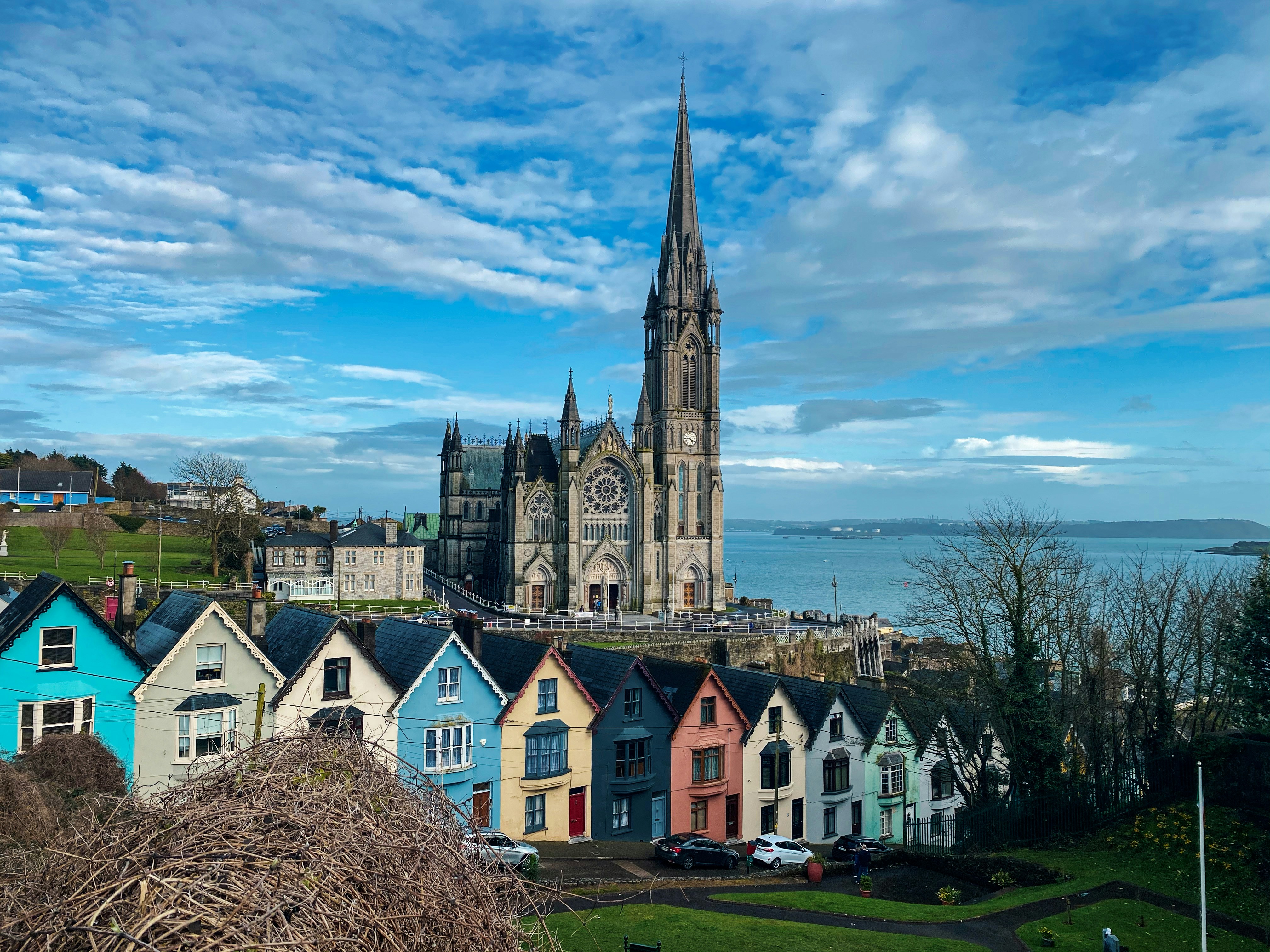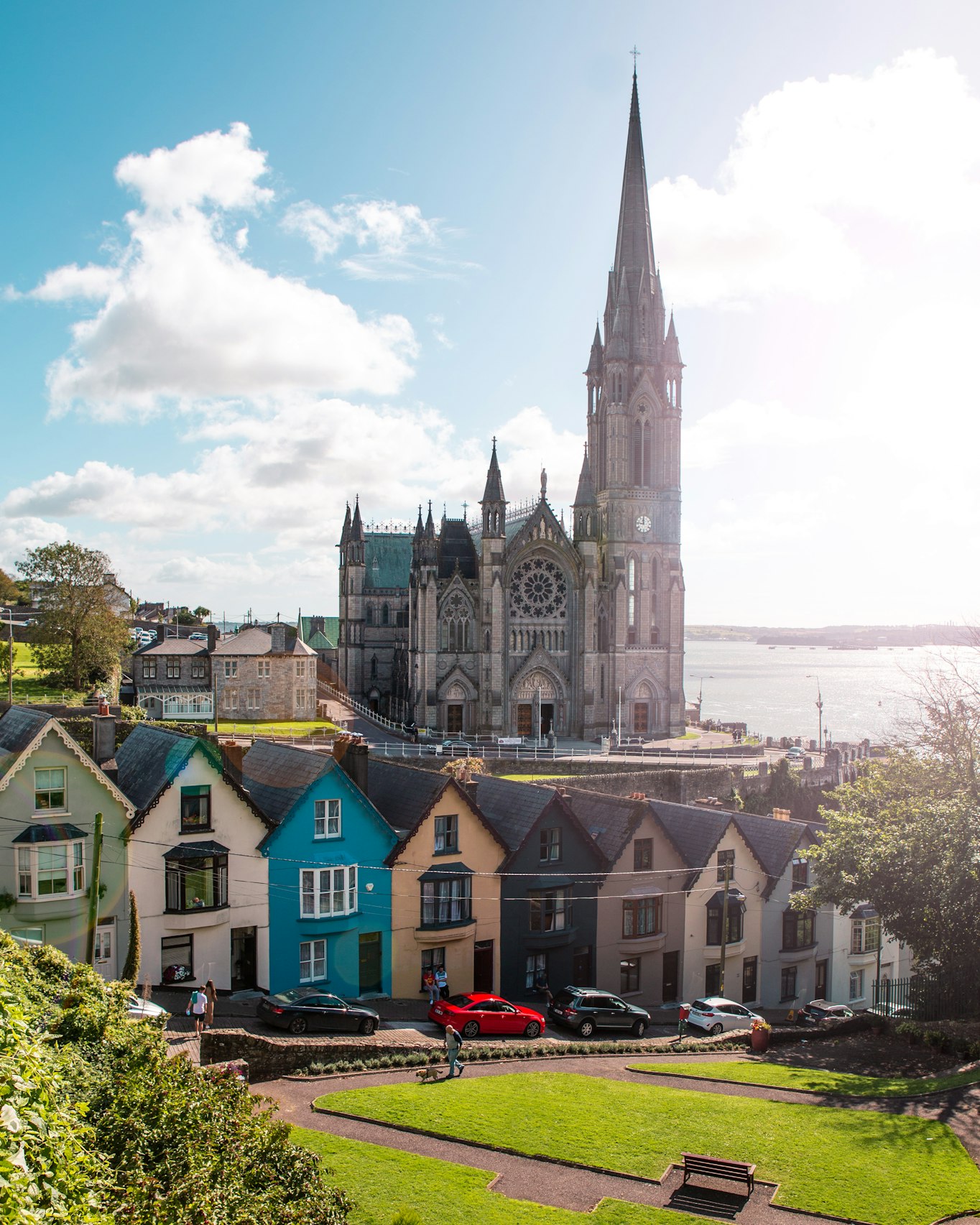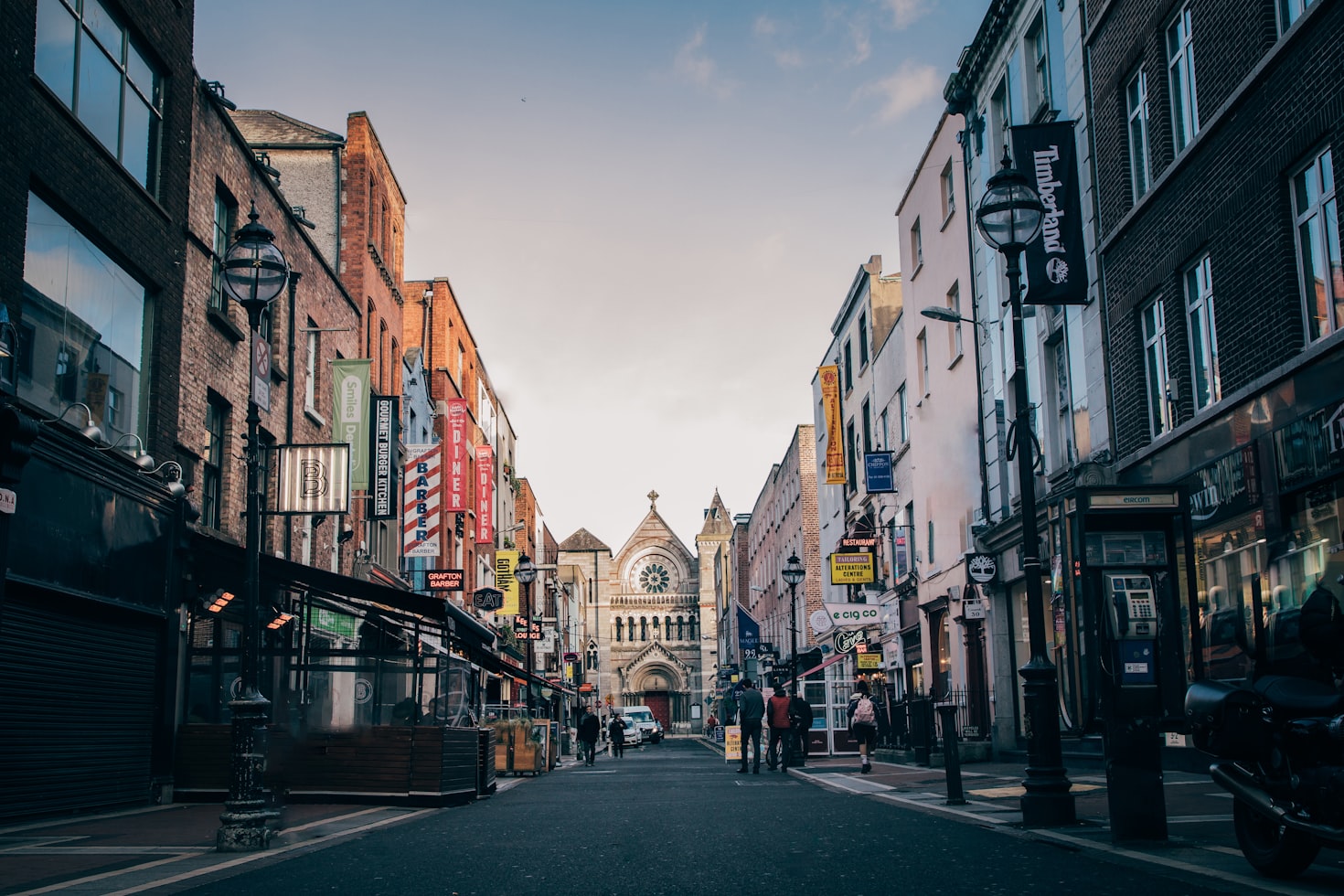Ireland Student Accommodation
From private ensuite rooms to shared apartments in Ireland, the country has a wide range of student accommodation options to suit your lifestyle and budget. Here are the types of student accommodation you’ll find in Ireland:
- Private Studios: Perfect for students who require complete privacy; a studio unit has a bedroom, kitchenette, and private bathroom-all in one shared living space.
- Ensuite Rooms: These rooms provide a private bathroom while students come together to share kitchens and common areas- essentially a perfect balance between privacy and campus life.
- Shared Apartments: Shared apartments can be perfect for friends sharing experiences with each other or students who want to save money by sharing living space with others.
- Purpose-Built Student Accommodation (PBSA): These are modern buildings that have been constructed for students. They come with all the furnishings, are secure, and are usually walking distance to university campuses.
PBSA student accommodations in Ireland come loaded with great amenities like gyms, game rooms, cinema rooms, study zones, coffee lounges, and rooftops, making student life fun, safe, and comfortable.
About Ireland
Ireland is known for being friendly, home to high-quality education, and vibrant student communities. With a rich cultural history, lush green landscapes, and a rapidly developing tech and research area, it is obvious why Ireland is consistently ranked among the top study-abroad destinations in the world. No matter your career area, Ireland has something for you, whether that be literature, art, sports, or technology.
Why Study in Ireland?
Here are a few reasons why studying in Ireland is a smart choice:
- World-Class Universities: With globally recognized degrees from universities like Trinity College Dublin and University College Dublin, Ireland is undoubtedly a great educational choice.
- High Academic Quality Standards: Irish universities are supported by research, innovation, and experiential training with an interactive teaching style that is far from traditional.
- Post-Study Work: If you want to gain further experience, Ireland is a great country as it has one of the most generous post-study work visas (up to 2 years for international graduates) available to help boost your job prospects.
- An English-speaking country: If you rely on English for studying and communicating, Ireland is right for you. English being the major language here makes it easy for international students to adapt and communicate.
- Scholarships: Scholarships, from the Irish Government and Irish universities, are substantial and numerous, thus reducing overall tuition fees and living costs for students.
- Welcoming Culture: Ireland is famous for its hospitality. With its rich culture and warm hospitality, you will feel right at home in no time.
- Safe and Peaceful: Ireland is regarded as one of the safest countries in Europe, enabling international students to study and live in a safe environment.
- Student-Friendly Cities: From a large city like Dublin to a smaller city like Galway, Ireland will offer everything- from a fantastic vibe, nightlife, parks, to quality education.
Popular Universities in Ireland
Ireland is home to some world-class higher education institutions. Here are a few top picks:
- Trinity College Dublin
- University College Dublin (UCD)
- University College Cork (UCC)
- National University of Ireland, Galway (NUIG)
- Dublin City University (DCU)
- Maynooth University
- Technological University Dublin (TU Dublin)
Popular Cities for Students in Ireland
Ireland has a selection of friendly, vibrant cities that are ideal for student life. Each city offers something unique in terms of atmosphere, entertainment, and opportunities:
Cost of Living in Ireland
The cost of living in Ireland depends on where you live and your lifestyle. Here’s what a typical monthly student budget looks like:
- Accommodation: The average cost of student accommodation in Ireland ranges between €600 and €1,200 per month, depending on the city and type of accommodation. Here’s a breakdown:
- Private Studios: These can cost between €1,200 and €1,500 per month in Dublin and around €1,000 to €1,200 in other cities.
- En-suite Rooms: In cities outside Dublin, you can expect to pay around €180-€220 per week, while in Dublin, the cost rises to €220-€280 per week.
- Shared Apartments: Shared student apartments can cost €700-€900 per month on average in cities outside Dublin, and €900-€1,100 in Dublin.
- Food: Around €150-€200 per month for groceries, depending on your eating habits and supermarket choices.
- Transport: Monthly public transport costs range between €50 and €100. Students can benefit from discounted fares using the Student Leap Card.
- Miscellaneous: Expect to spend around €100-€200 per month on entertainment, phone bills, study materials, and other personal expenses.





